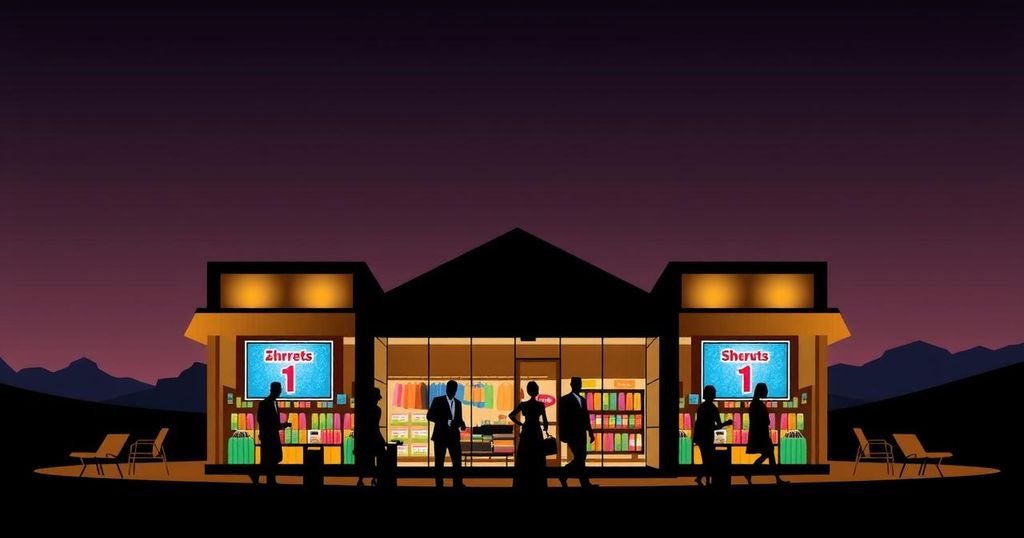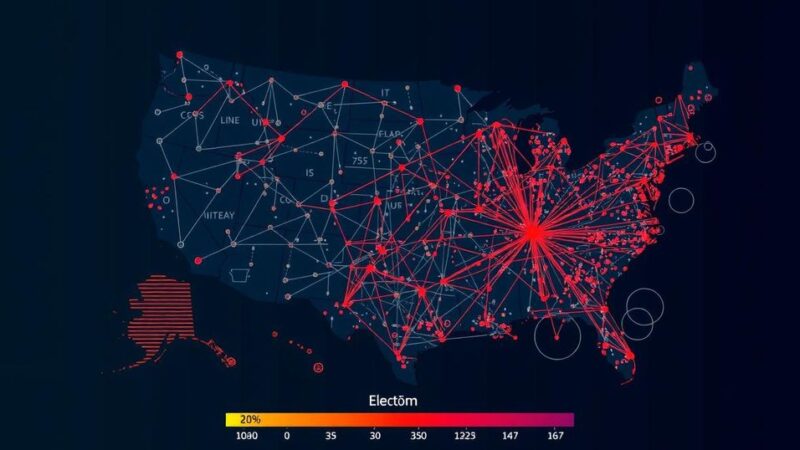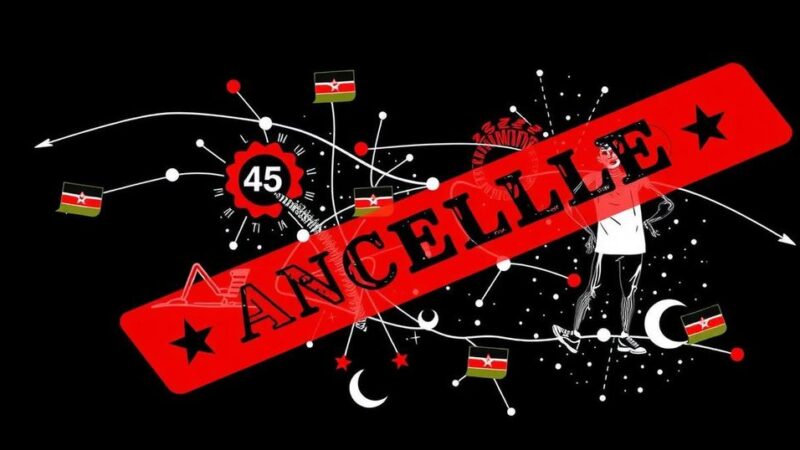Zimbabwe’s retailers are facing financial challenges due to the introduction of the Zimbabwe Gold (ZiG) currency, which has significantly devalued on the black market. The official exchange rate is proving unsustainable, leading to price volatility and operational struggles. Many suppliers are pricing goods based on black market rates, straining formal retailers. There is a call for the government to allow market forces to dictate the exchange rate to prevent further economic destabilization.
Retailers in Zimbabwe are expressing alarm over the new currency, the Zimbabwe Gold (ZiG), which was introduced in April 2024 as a tool to combat inflation. The currency has lost substantially in value, decreasing by 80% on the black market, leading to significant price volatility and a bifurcated pricing structure. Formal retailers, including well-known brands such as TM Pick n Pay, OK, and Edgars, have voiced their concerns to the Reserve Bank of Zimbabwe (RBZ) regarding the unviable official exchange rate set at US$1 to ZiG13.9. This rate is notably higher than the South African rand and is proving to be unsustainable. Represented by the Retailers Association of Zimbabwe (RAZ), these businesses argue that while the creation of ZiG was aimed at stabilizing the economy, it has instead increased pricing instability and intensified operational challenges. Many suppliers are opting to base their pricing on black market rates, where the exchange rate currently sits at ZiG26 to the US dollar, rather than adhering to the official rate. “Our suppliers face a severe foreign currency shortage and excessive volatility in ZiG exchange rates on the black market, which has now become the basis of their pricing framework,” stated the retailers in a formal submission to the RBZ. Although black market trading is illegal, it remains the de facto source of foreign currency for many businesses in Zimbabwe. Retailers find themselves torn between raising prices to remain solvent and incurring potential losses of up to 50% per sale by adhering strictly to the official exchange rate. Instances of suppliers maintaining dual price lists—one for local currency and another significantly elevated for foreign currency—are becoming increasingly common. In response to this crisis, some retailers have opted to disable their point-of-sale systems to evade transactions in ZiG, while others are witnessing a shift in consumer preference towards informal markets that reject the new currency altogether. Without effective government intervention, the future of the formal retail sector hangs in uncertainty, with potential store closures looming. A striking example is the Boom washing powder, currently sold at a black market-influenced price of ZiG102.45, in stark contrast to the official price of ZiG47.46. Retailers are faced with a daunting decision: sell at a loss or inflate prices in USD, risking alienation of their customers. Mike Ncube, a local trader, articulated a sentiment echoed throughout the retail industry, stating, “All the currencies introduced in Zimbabwe with the slashing of zeros and renaming of money have led to one thing—spiraling inflation.” He further criticized the government’s approach, noting, “The government is backing their money with arrogance, not reality.” RAZ is reiterating its appeal for the government to allow market forces to dictate exchange rates, a call that has been persistent since 2016 following the introduction of the bond note, which also failed to maintain its value against the USD. As formal retailers continue to navigate the severe repercussions of the ZiG, there is a collective fear that without immediate reform to the exchange rate system, Zimbabwe’s economy could spiral into even greater instability.
The Zimbabwe Gold (ZiG) was launched in April 2024 with the primary objective of curbing inflation, a persistent issue in the country. However, the introduction of this currency has led to significant devaluation on the black market and created disparities in pricing practices between formal and informal retailers. The formal retail sector, which includes established brands, has raised alarms about the sustainability of the official exchange rate compared to actual market conditions, highlighting a broader crisis in Zimbabwe’s economic landscape that is marked by currency volatility and extensive reliance on black market practices.
In summary, the introduction of the Zimbabwe Gold (ZiG) has resulted in severe economic challenges for formal retailers in Zimbabwe. The significant devaluation against the black market rate has led to a precarious pricing environment where retailers are caught between financial instability and operational losses. The ongoing crisis underscores the necessity for government intervention and a potential reevaluation of the official exchange rate to stabilize the economy. Without swift and effective action, the formal retail sector could face widespread closures, exacerbating the already fragile economic situation in Zimbabwe.
Original Source: www.thezimbabwemail.com






